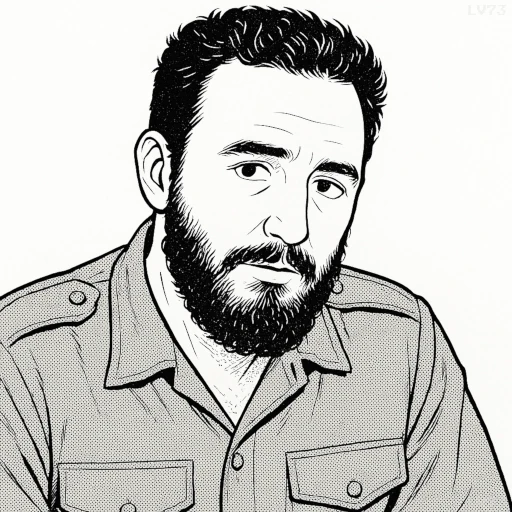“North Americans don’t understand… that our country is not just Cuba; our country is also humanity.”

- August 13, 1926 – November 25, 2016
- Cuban
- Revolutionary, Prime Minister and President of Cuba, Communist Leader
table of contents
Quote
“North Americans don’t understand… that our country is not just Cuba; our country is also humanity.”
Explanation
This quote reflects Fidel Castro’s vision of revolutionary internationalism, in which the identity and responsibility of Cuba transcends its borders. By stating that “our country is not just Cuba; our country is also humanity,” Castro emphasizes that the Cuban Revolution was not an isolated national event, but part of a global struggle for justice, equality, and liberation. His words critique what he saw as the limited and self-centered worldview of many in the United States—referred to here as “North Americans”—who failed to grasp the ethical and universal dimension of Cuban solidarity.
Historically, Cuba under Castro extended medical aid, military assistance, and educational support to nations across Africa, Latin America, and Asia. From sending doctors to underserved regions to supporting anti-colonial movements, Cuba positioned itself as a champion of global humanitarianism and anti-imperialist resistance, often at great economic and political cost. This quote captures Castro’s belief that true patriotism includes a duty to humanity, especially in the face of exploitation and suffering.
In today’s context, the quote resonates with ongoing discussions about global citizenship, moral responsibility, and solidarity across borders. It challenges the notion that nations should act solely in their own interest, proposing instead that human dignity and justice are shared causes. Castro’s words call for a worldview that is inclusive, empathetic, and engaged with the struggles of others, asserting that the defense of humanity is the highest expression of national honor.
Would you like to share your impressions or related stories about this quote in the comments section?

